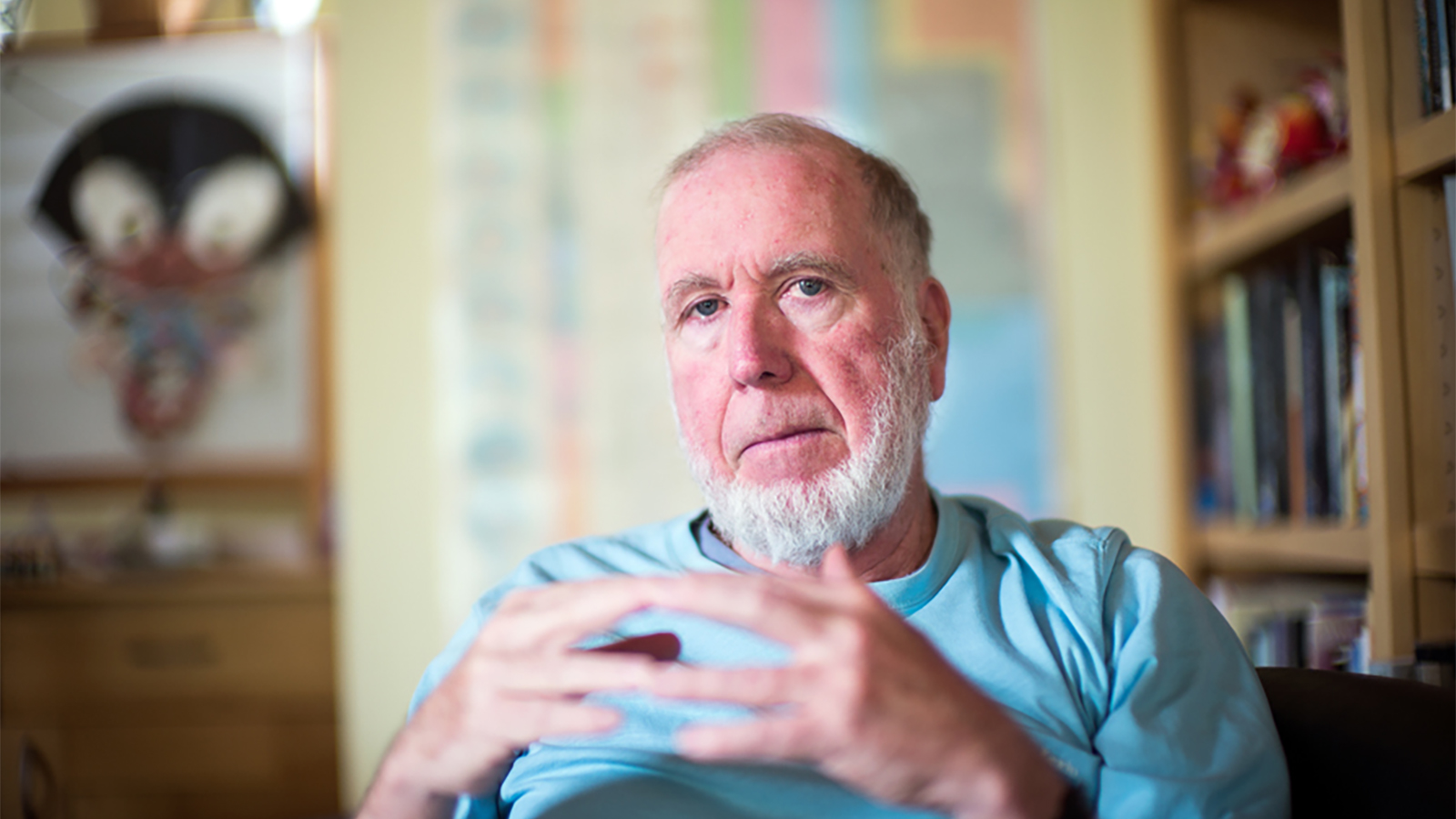Facebook’s “Overstep-Apology-Reaction Pattern”

In a press conference yesterday, Facebook’s Mark Zuckerberg announced that the company is planning to make it much simpler for users to figure out how much information they are making publicly available through the site—and who they were making it available to. The company was acceding to users who had protested over a system that required them to sort through approximately 150 privacy options.
According to New York University professor Clay Shirky, who stopped by the Big Think offices yesterday, the way that the company has responded to users’ concerns isn’t all that surprising. “Facebook has a long history of planning a change in the service that’s good for them in some way or another, overstepping their bounds, apologizing and scaling back—but not scaling back to the point they were before the change,” says Shirky. “In a way, Facebook now uses the overstep-apology-reaction pattern as a way of saying how far they can go at any given cultural moment.”
Shirky says that concerns about privacy on Facebook are in some ways simply concerns about privacy on the Internet, generally. “I do think is that Facebook is probably close to the outer limit of what it can get away with in terms of privacy,” he says. “I wish, as many people do, that they were a better actor on the subject of privacy than they have been, but their business model’s pretty clearly: maximizing sharing, maximizing disclosure, maximizing number of Facebook URLs in circulation on the open Internet. I think that they will have to fight harder to get out from under the problems they’ve currently created. But I don’t think any significant challenger to Facebook is going to arise in the next couple of years.”





